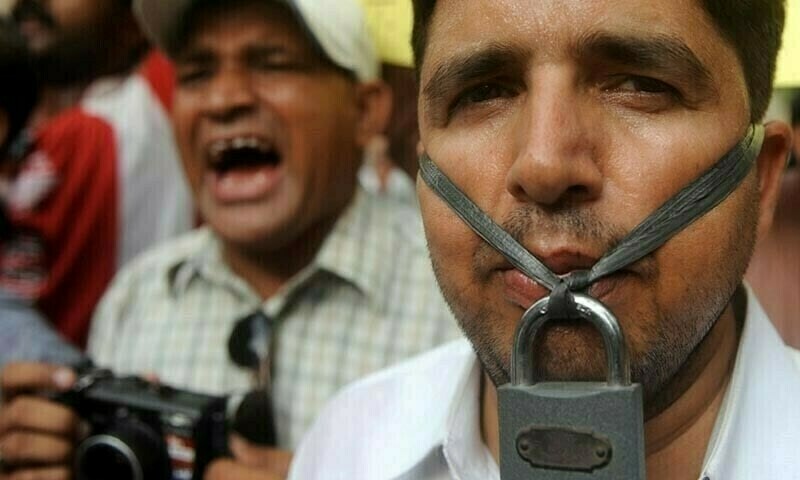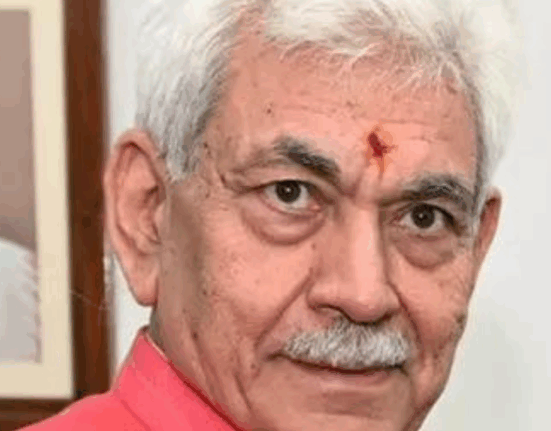It was a day filled with tension and concern as the Senate Standing Committee on Information and Broadcasting gathered to address pressing issues surrounding the registration of cases against journalists and social media activists under the Prevention of Electronic Crimes Act (Peca). Led by the committee’s chairman, Senator Ali Zafar, the meeting quickly delved into the heart of the matter, expressing frustration over the lack of a report from the Ministry of Information and the unanswered requests made to the Ministry of Interior.
As the discussions unfolded, Senator Afnan Ullah raised a critical point about the alarming increase in content promoting gambling, alcohol, and inappropriate clothing on television and social media platforms. He highlighted examples such as betting advertisements during international cricket matches and the depiction of alcohol consumption in TV dramas, citing these as clear indicators of regulatory oversights. Senator Sarmad Ali emphasized the easy accessibility of gambling apps and proposed necessary regulatory actions to curb such practices, suggesting the involvement of the Pakistan Telecommunication Authority (PTA) or religious advisory bodies, along with the establishment of a dedicated content monitoring body.
Amidst the concerns raised, questions loomed about the effectiveness of existing Pakistan Electronic Media Regulatory Authority (Pemra) laws in curbing unethical advertisements. Senator Pervaiz Rashid cautioned against excessive regulation that could infringe on cultural norms, particularly in terms of attire, while also noting the limitations of penalties in deterring misconduct. Senator Afnan clarified that the legislation was not intended to target women specifically, aiming instead to uphold ethical standards across the board.
Moving on to the discussion on the Prohibition of Unethical Advertisements Act, the committee decided to seek the opinion of the Minister of Information to gain clarity on the matter and chart a way forward. The session took a significant turn with the introduction of the Right of Access to Information (Amendment) Bill, where Senator Zarqa Suharwardy Taimur voiced serious concerns about government departments providing incomplete or selective data, underscoring the need for transparency and timely responses akin to models observed in countries like Scotland.
The conversation then shifted to administrative issues within Pakistan Television (PTV), shedding light on budget constraints and staffing challenges. Ministry officials highlighted the alarming exhaustion of the annual Rs11 billion budget, with a staggering Rs8.5 billion allocated solely for staff salaries. Senator Waqar Mehdi sounded the alarm on the illegal occupation of Radio Pakistan buildings in Karachi and the rampant electricity theft through unauthorized connections. He called for immediate inspections of Radio Pakistan properties outside Islamabad to assess the situation and prevent further encroachments.
As the meeting drew to a close, the committee’s deliberations reflected a deep-rooted concern for the state of media regulations and ethical standards in the country. The need for proactive measures to address regulatory lapses, ensure transparency in data dissemination, and safeguard public broadcasting assets emerged as key priorities for the committee members. The session left an indelible mark on the attendees, sparking a collective call to action to uphold journalistic integrity and preserve the sanctity of media freedom in the face of evolving challenges.









Leave feedback about this